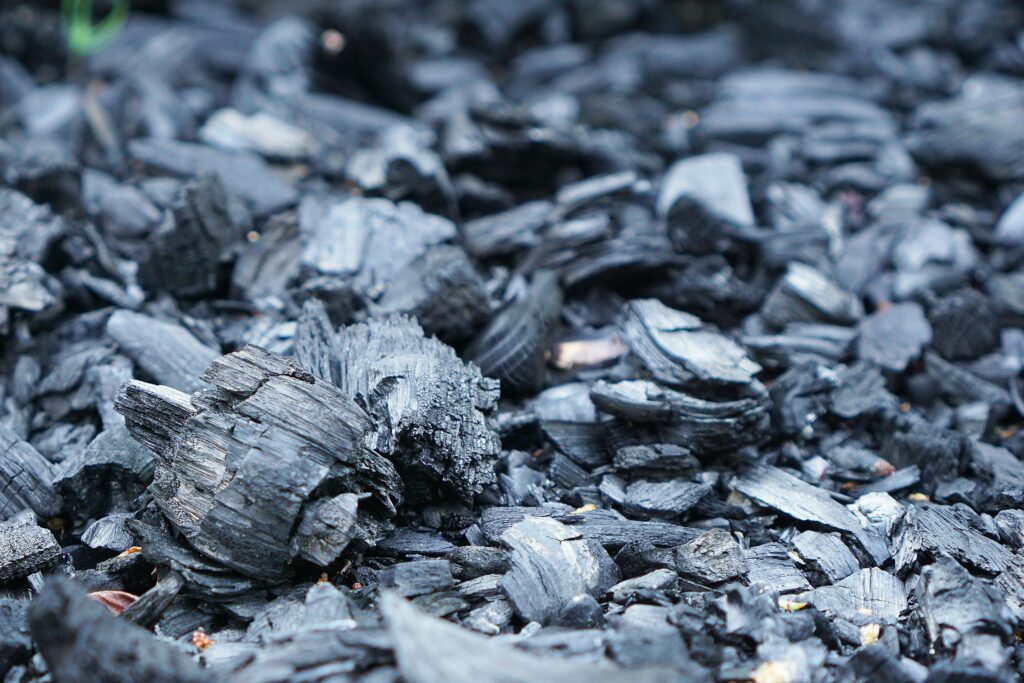Table of Contents

Nigeria is one of the largest producers of charcoal in Africa, with its rich forest resources providing an abundant supply. Anyone who learns how to export charcoal from Nigeria is on their way to making a ton of money, but it requires careful planning and understanding of the market. This article explores the various aspects involved in starting and running a successful charcoal export business from Nigeria.
Why Export Charcoal from Nigeria?
Charcoal from Nigeria is highly sought after in international markets, especially in Europe and Asia. The country’s hardwood provides high-quality charcoal that burns longer and produces less ash, making it a preferred choice for industrial and domestic use. In the West, charcoal is known as an ‘alternative energy source.’ The charcoal industry in Nigeria is a multi-billion-dollar sector, which on its own attracts enough grants from the government to the exporters to keep it running smoothly and on a regular basis. According to data from the World’s Top Exports website, global purchases of imported coal totaled US$286.7 billion in 2022. These numbers present a massive opportunity for anyone in Nigeria who is interested in exporting charcoal.
Getting Started with Charcoal Export
To start exporting charcoal, you need to register your business with the Corporate Affairs Commission (CAC) in Nigeria. This legalizes your business and makes it eligible for obtaining necessary export licenses from the Nigerian Export Promotion Council (NEPC). The registration process is straightforward, but it’s essential to ensure all your documents are in order to avoid delays.
Understanding the Market
Researching and understanding the international market is crucial. Identify the countries with high demand for charcoal and understand their import regulations. This knowledge helps in strategizing your export plan effectively. Countries in Europe, such as Germany and the UK, and Asian nations like China and Japan, are major importers of Nigerian charcoal. Understanding their quality standards and certification requirements can give you a competitive edge.
Sourcing Quality Charcoal
Quality is key in the charcoal export business. Source your charcoal from reliable suppliers who provide high-grade hardwood charcoal. Ensure the charcoal is properly processed, dried, and packaged to meet international standards. This involves checking the moisture content, ensuring the charcoal is free from contaminants, and using durable packaging materials that protect the product during transit.
Navigating Export Regulations
Complying with export regulations is essential. You need to obtain necessary export permits and certifications. The Standard Organization of Nigeria (SON) and the Nigeria Export Supervision Scheme (NESS) play crucial roles in ensuring your charcoal meets the required standards for export. Familiarize yourself with the documentation process, which includes getting a phytosanitary certificate and an export license.
Logistics and Transportation
Choosing the right logistics partners is vital for the safe and timely delivery of your charcoal. Opt for shipping companies with experience in handling charcoal exports. Proper packaging and labeling are also important to prevent damage and ensure compliance with international shipping regulations. Consider using moisture-resistant packaging to preserve the quality of the charcoal during transit. Additionally, ensure that your shipment complies with the International Maritime Dangerous Goods (IMDG) Code to avoid any shipping delays.
Marketing Your Charcoal
Effective marketing strategies can help you reach potential buyers. Create a strong online presence through a professional website and social media platforms. Participate in international trade fairs and exhibitions to showcase your product. Networking with industry players and potential buyers can open up new opportunities. Utilize online marketplaces and B2B platforms like Alibaba and TradeKey to reach a global audience.
Challenges in Charcoal Export
Like any business, exporting charcoal comes with its challenges. Issues such as fluctuating international prices, stringent import regulations, and competition from other charcoal-exporting countries can affect your business. Staying informed and adaptable is key to overcoming these challenges. It’s also essential to have contingency plans in place to manage risks such as logistical delays or changes in import policies.
Building Relationships with Buyers
Establishing strong relationships with international buyers is crucial. Provide excellent customer service and maintain transparency in your dealings. Building trust with your buyers can lead to repeat business and referrals. Regularly communicate with your buyers to understand their needs and feedback, which can help improve your product and service.
Sustainable Practices
Adopting sustainable practices in charcoal production can give you a competitive edge. Engage in reforestation efforts and promote the use of environmentally friendly production methods. This not only helps in preserving Nigeria’s forest resources but also appeals to eco-conscious buyers. Implementing sustainable practices can also open up new markets that prioritize environmentally responsible products.
Financial Planning
Proper financial planning is essential for the success of your charcoal export business. Ensure you have sufficient capital to cover the costs of production, logistics, and marketing. Consider exploring financial support options such as export financing and grants offered by the Nigerian government and international organizations. Setting up a detailed business plan with clear financial projections can help in securing loans and investments.
Conclusion
Exporting charcoal from Nigeria can be a profitable venture if approached with the right strategies and knowledge. By understanding the market, following regulations, ensuring quality, and building strong relationships with buyers, you can establish a successful charcoal export business. If the potential to make good money excites you, you can check out the “How to Source, Package and Export Charcoal” module of the Export Business Coach Programme by Olatunde Wealth. In this practical class by 4 seasoned charcoal exporters and foreign buyers from Dubai, you will learn the different qualities of charcoal to export, where to source for quality charcoal in Nigeria, where to export charcoal overseas, and the documentation and standard procedures involved.
Click here to get started.

